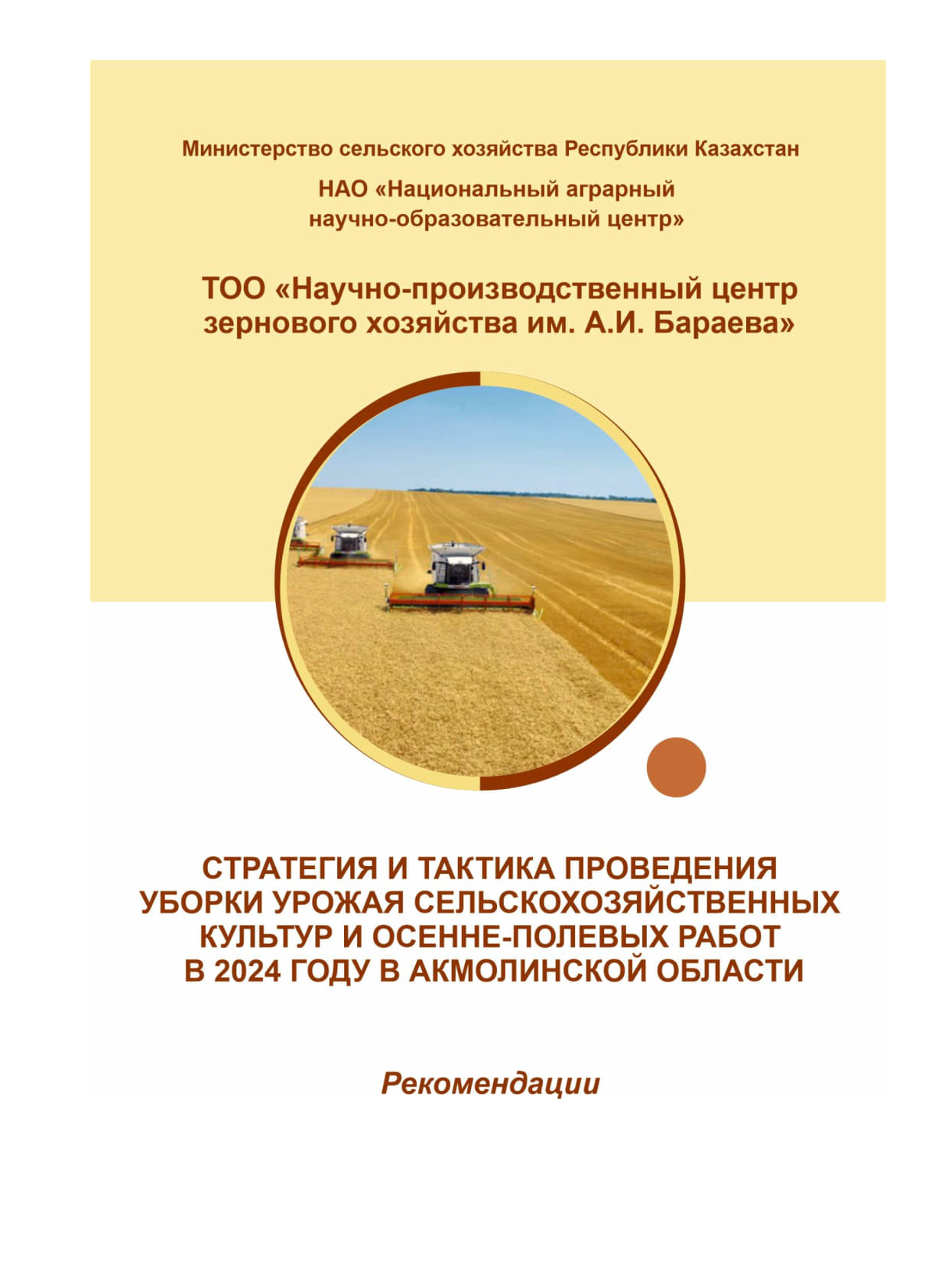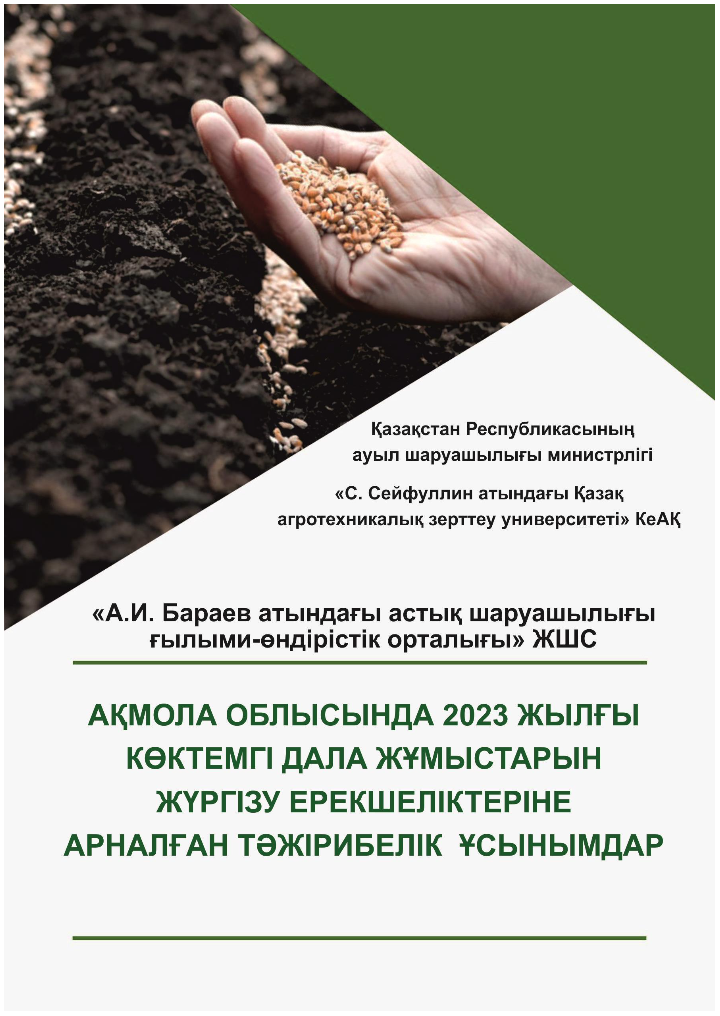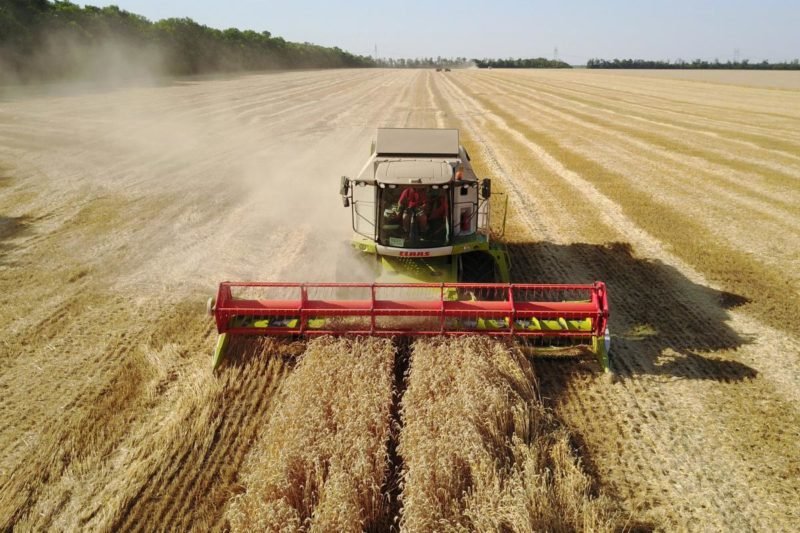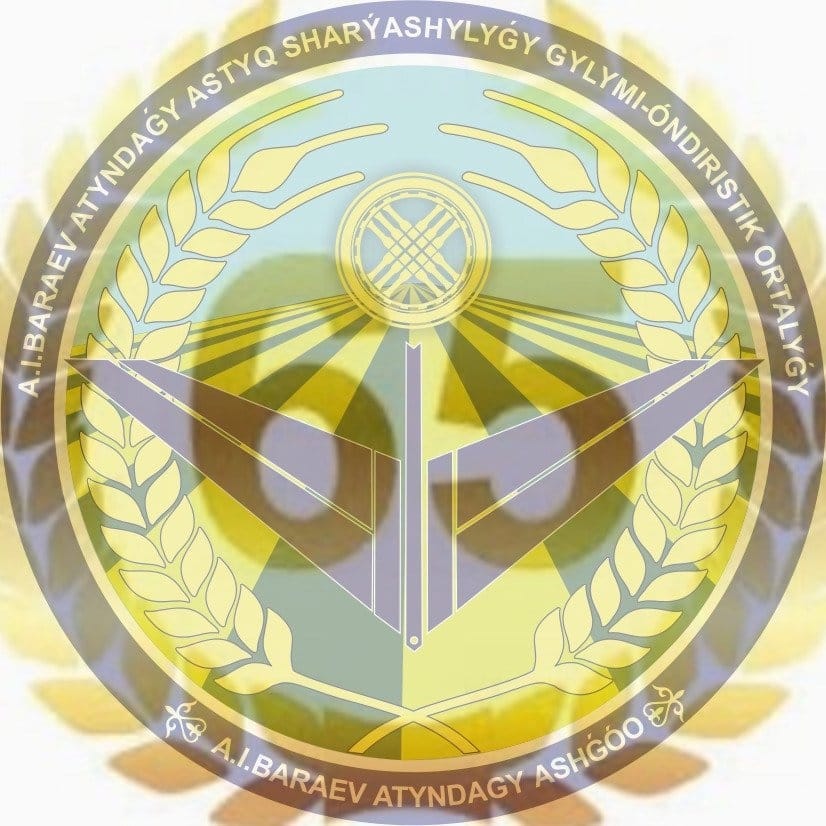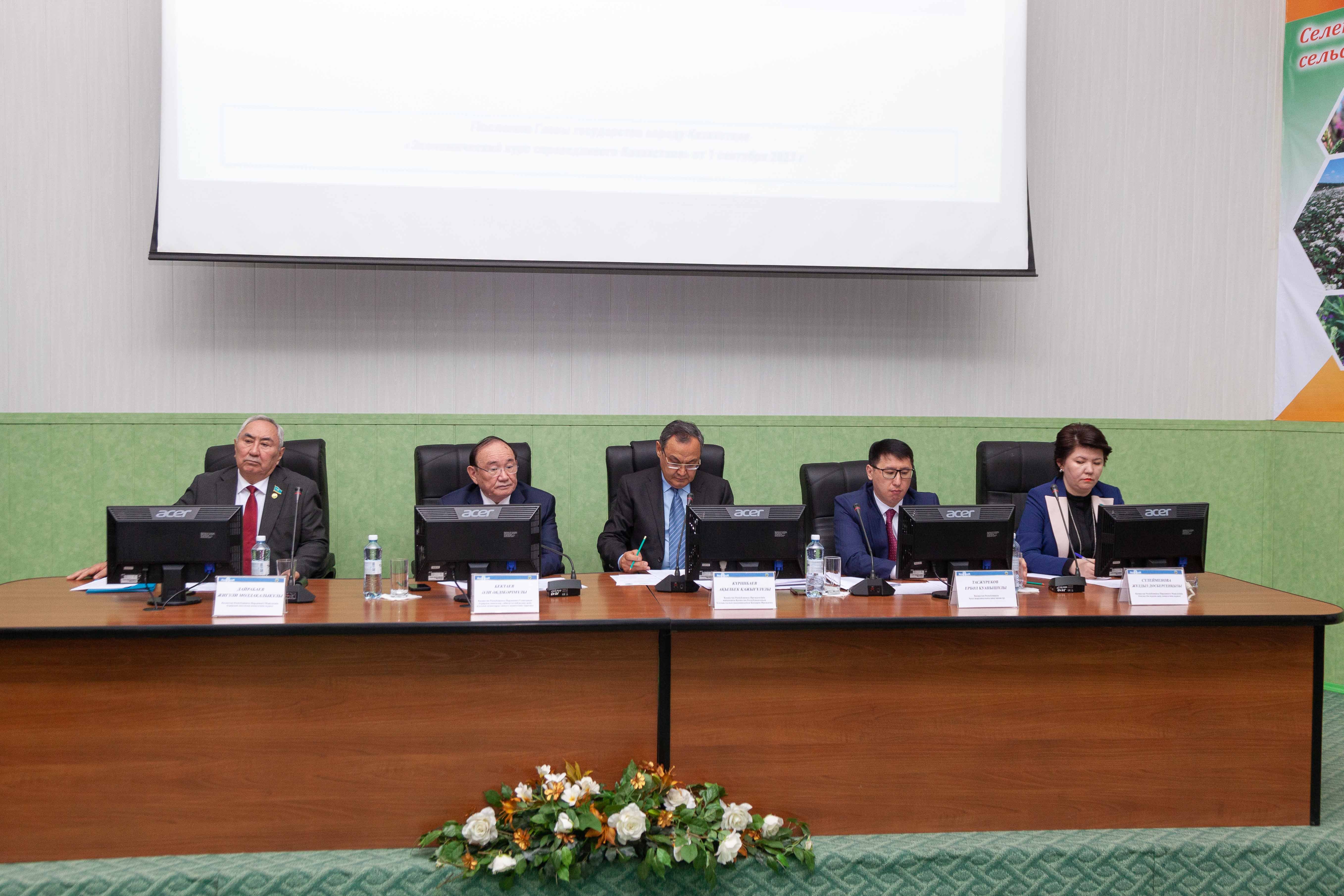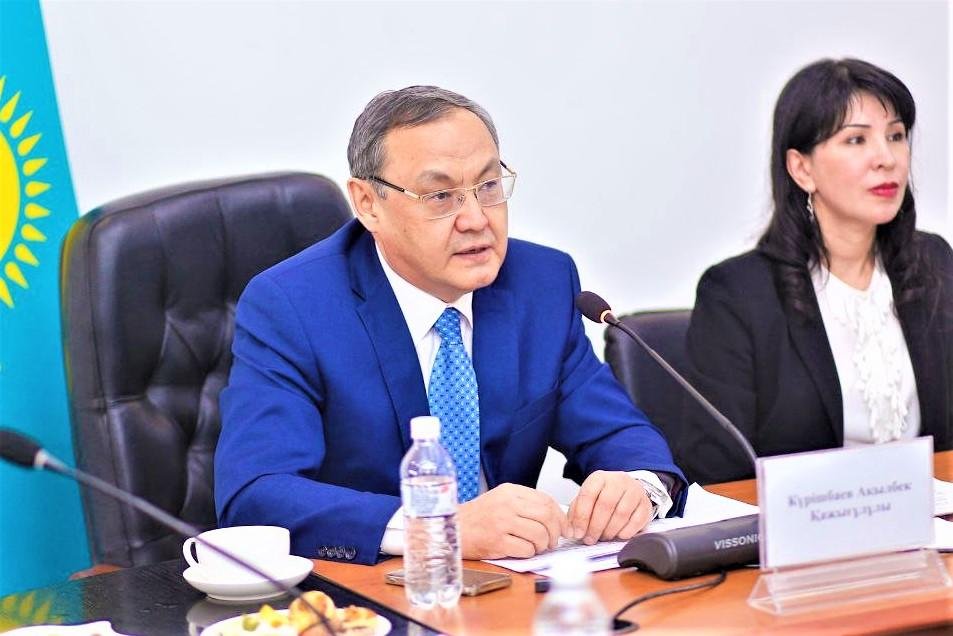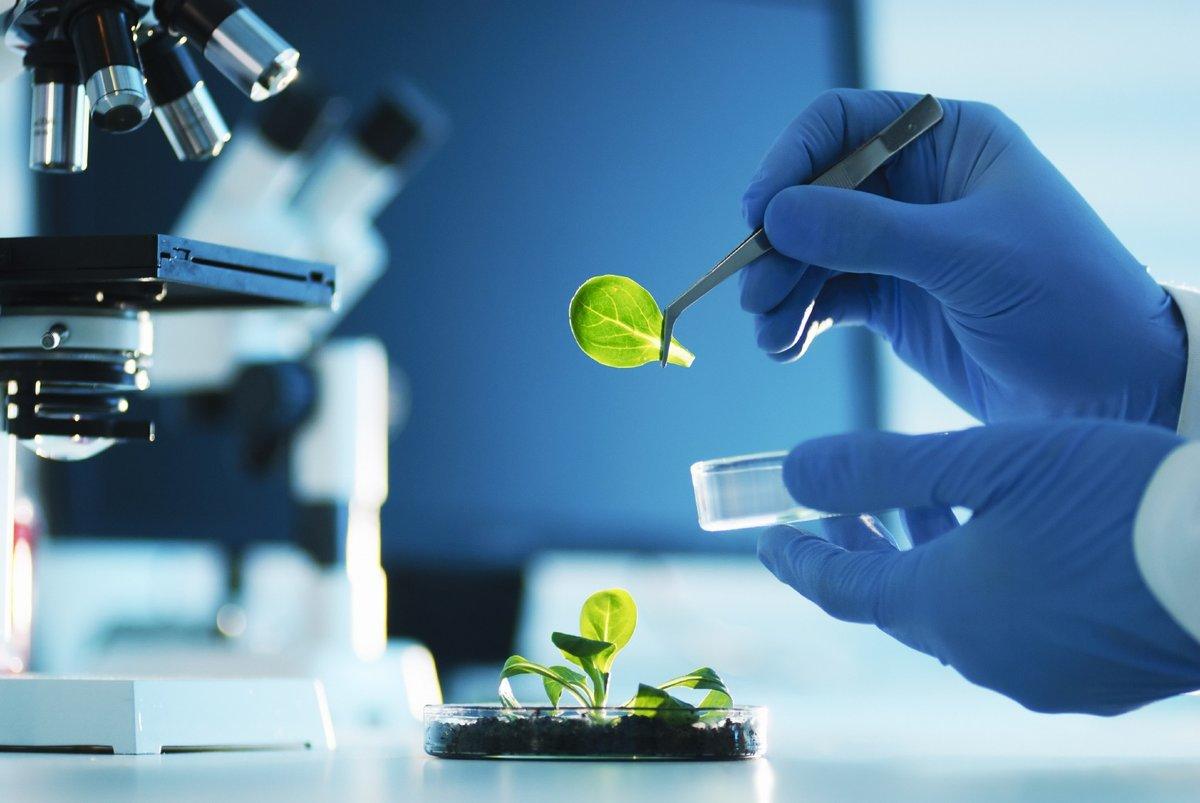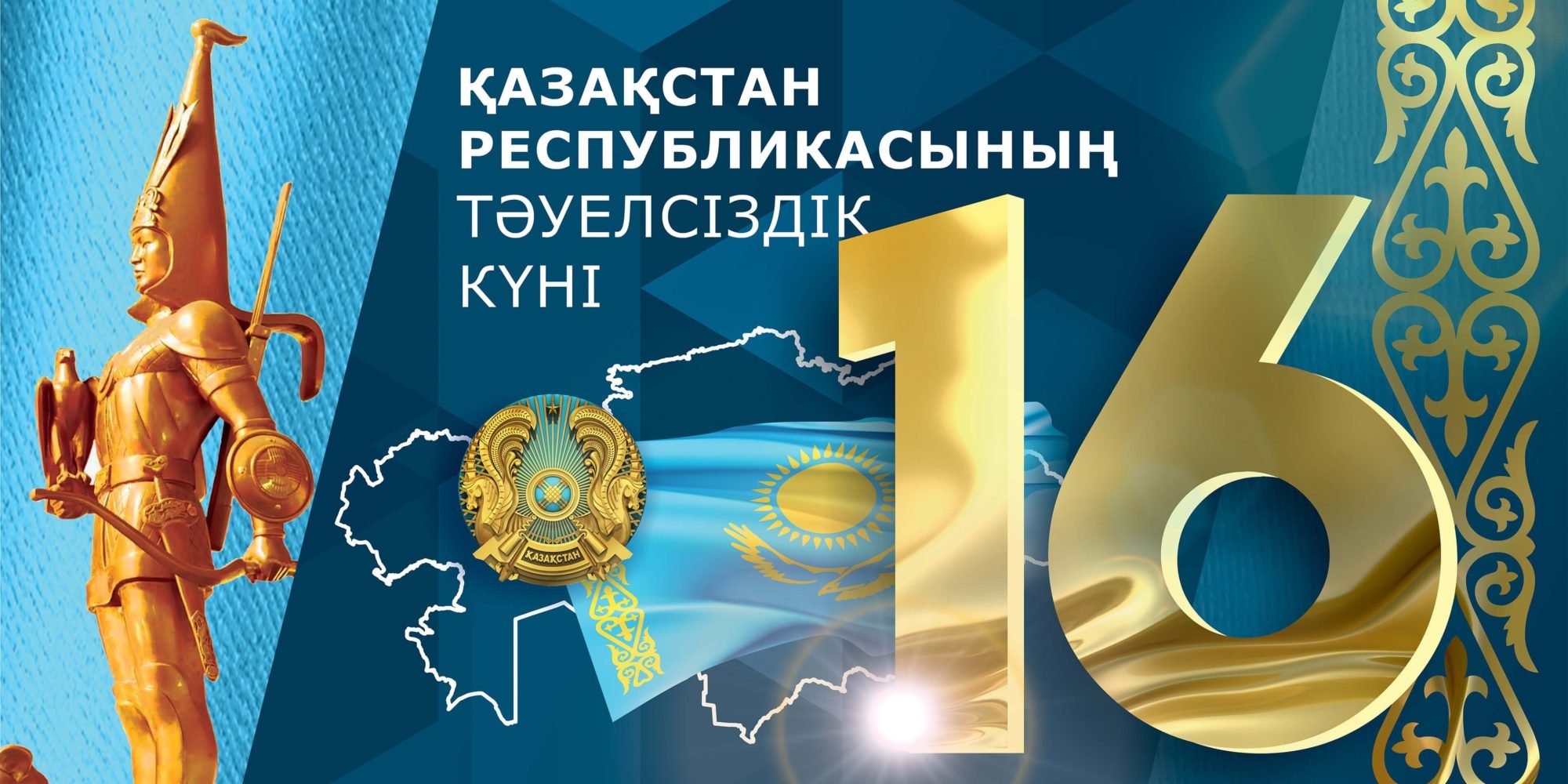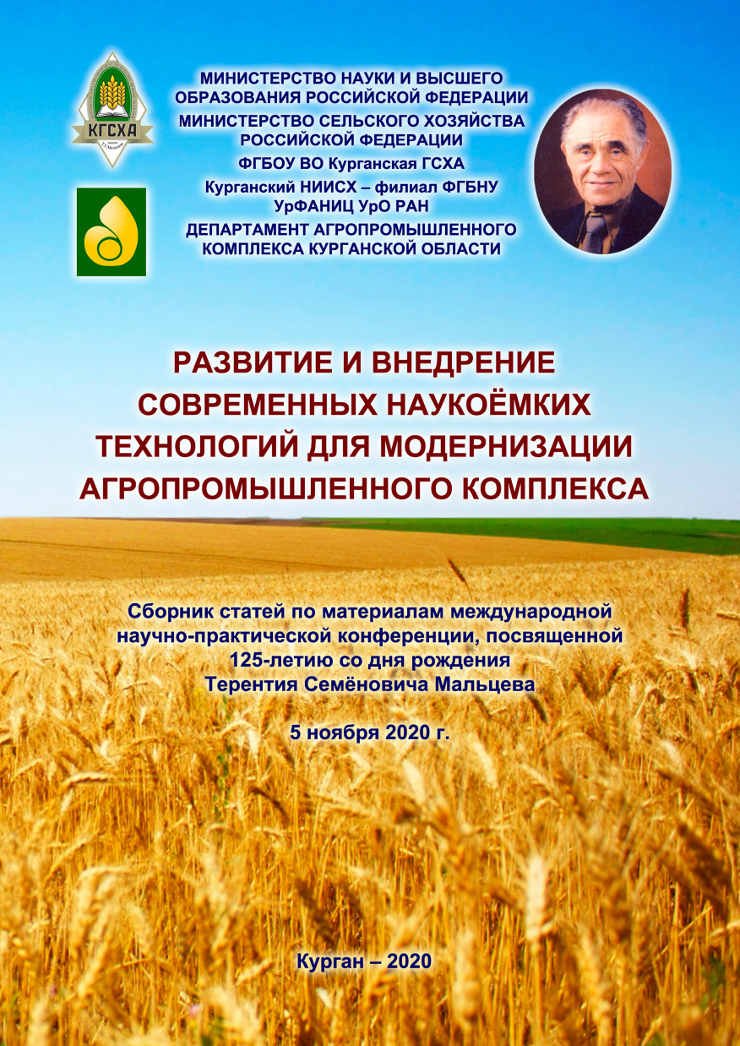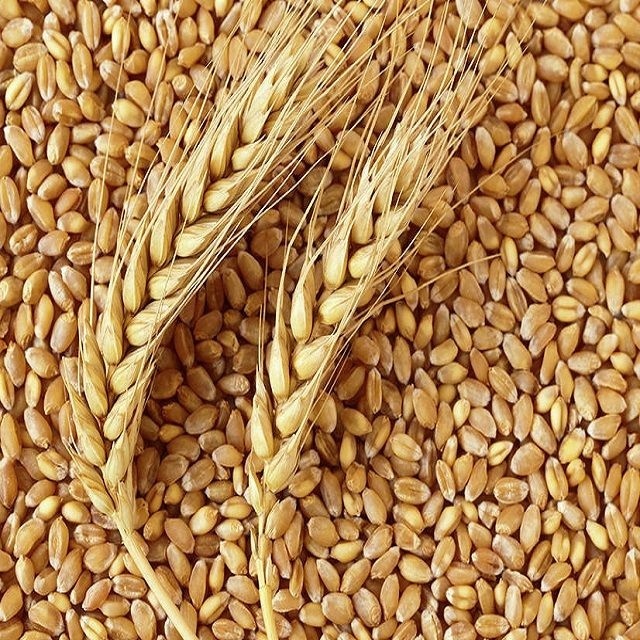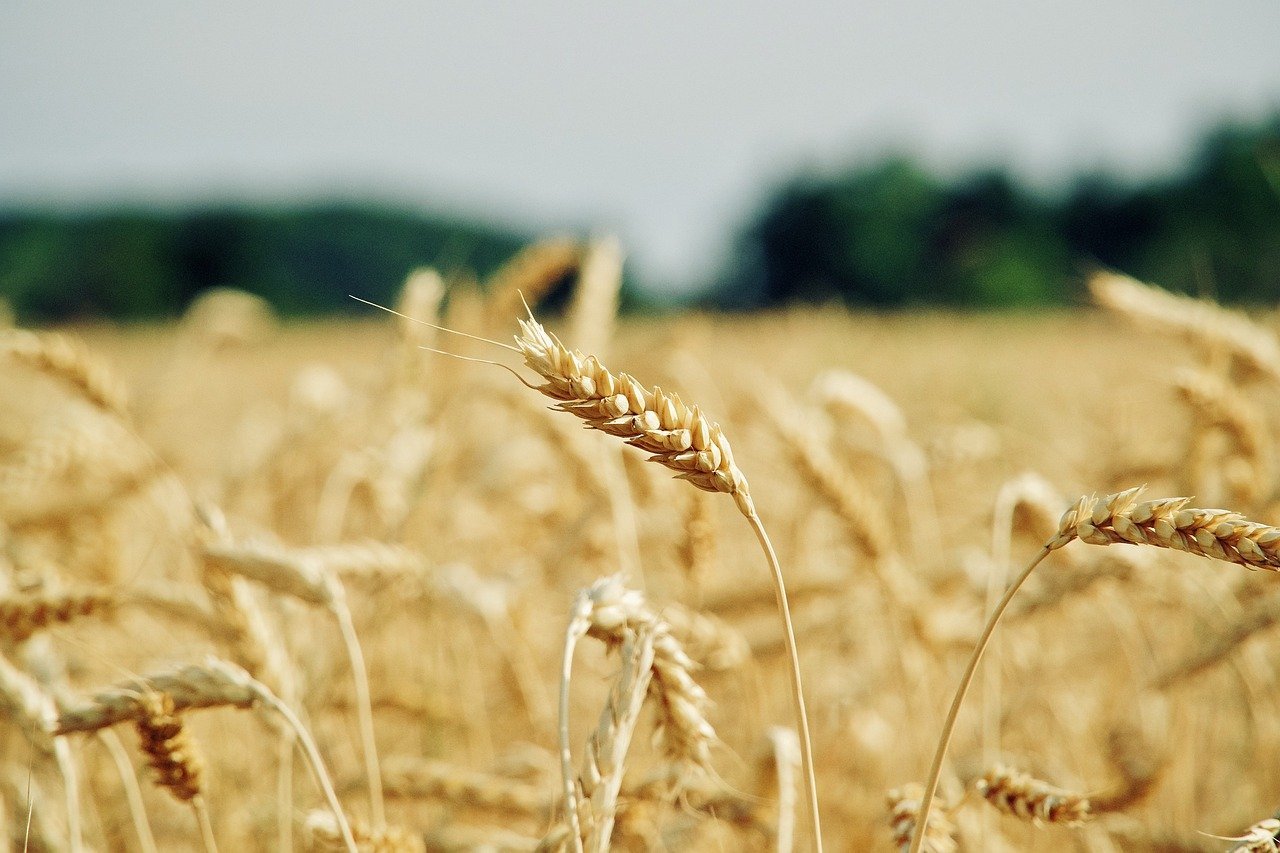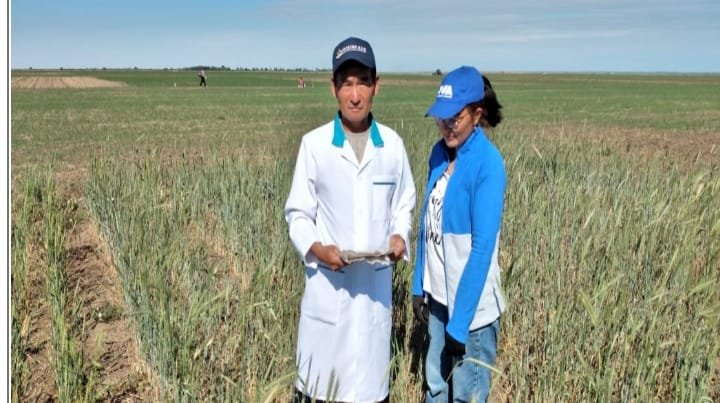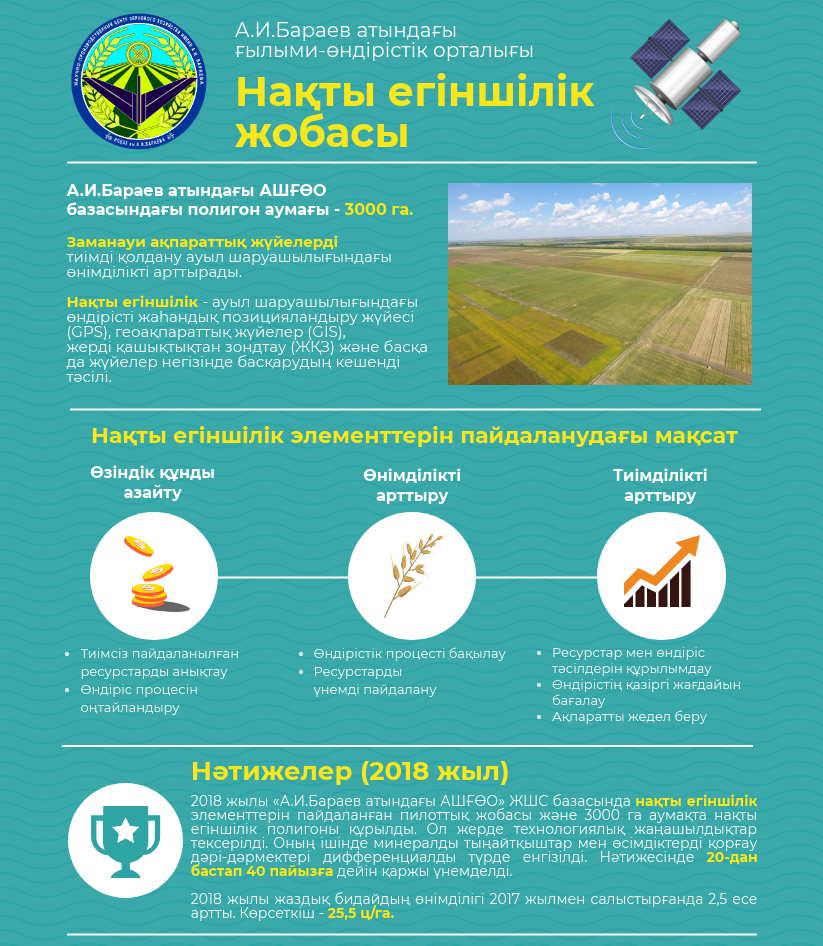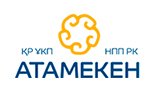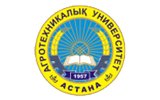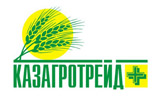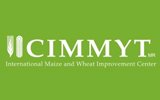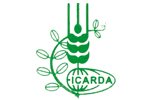NANOC, and agricultural science in general, is being transformed in Kazakhstan
News
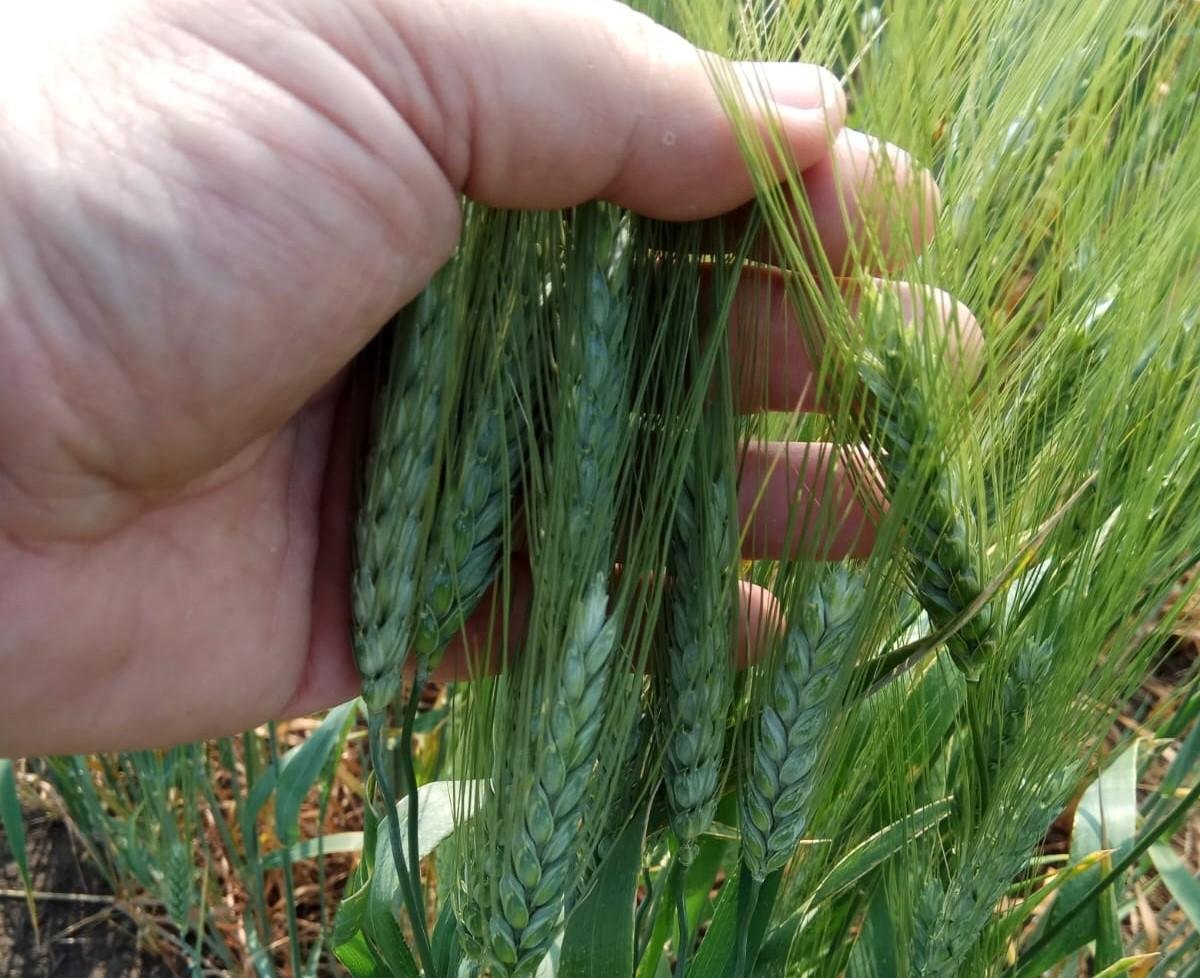
It was proposed at the National Academy of Sciences to transform NANOC into a state non-profit Foundation, reports the APK News agency.
The President of the National Academy of Sciences of the Republic of Kazakhstan under the President of the Republic of Kazakhstan, Akylbek Kurishbayev, today, at a visiting meeting of the Presidium, made a proposal to transform NANOC from a non-profit joint-stock company into a state non-profit Fund. This, in his opinion, will allow NAROC to get rid of bureaucratic delays and create conditions for its transformation from an administrative superstructure into an analytical center that will determine priorities and topics of scientific research.
“We are all witnesses to how rapidly the climate is changing and how agriculture is suffering from these negative consequences, suffering colossal losses. In such conditions, the role of agricultural science increases many times over. As for the current state of our agricultural science, it differs significantly from the modern model of scientific support for the agro-industrial complex. In our agricultural research there is no proper integration between applied and fundamental science: they are artificially separated by departmental boundaries of the Ministry of Agriculture and the Ministry of Education and Science. In agricultural science, we have a continuous small topic: in 2023, 139 disparate projects were implemented, of which 31 were under the PCF and 108 under grants, formed mainly based on the capabilities of scientists,” says A. Kurishbaev.
Naturally, such a system of scientific support for the industry led to the emergence of ineffective and unclaimed scientific developments, and aggravated the gap between science and business.
The second problem is an incorrectly built system and an ineffective form of management of scientific organizations. The experience of the world's leading agricultural research centers INRAE (France), EMBRAPA (Brazil), INTA (Argentina) shows that the main emphasis in the science management system must be placed on ensuring competition (1), transfer of new knowledge and foreign technologies (2), commercialization of ready-made developments (3), coordination of the system of knowledge dissemination and training of scientific personnel (4).
“In other words, such centers are service structures that provide support to scientists. In our country, the management company represented by NANOC has actually turned into an administrative superstructure, supported by dividends from subsidiaries. Due to the outflow of scientists in agricultural research institutes and experimental farms, the share of scientific workers ranges from 9 to 45%, the rest are AUP and technical personnel. The question arises, who will do science then?” - noted the head of NAS.
In this regard, fundamental changes will have to be made to the management system of agricultural science, and the role and place of the National Research and Scientific Center in it will have to be reconsidered following the example of developed countries.
“To ensure high efficiency in work, we propose to transform NANOC from a non-profit joint-stock company into a state non-profit foundation. This will allow NASC to get rid of bureaucratic delays and create conditions for its transformation from an administrative superstructure into an analytical center, which, based on foresight research, will determine priorities and topics of scientific research,” said A. Kurishbaev.
In addition, NAROC will have to develop scientific and technical assignments for large interdisciplinary projects (megagrants), assess the innovative potential of the industry, and predict possible challenges arising from global climate change. By the way, the implementation of megagrants will a priori lead to the formation of interdisciplinary scientific teams and consortia from among the leading scientific organizations and scientific schools.
On the other hand, NANOC should become a powerful service structure that provides services to subsidiaries in matters of transfer of foreign technologies, dissemination of knowledge to farmers (extension services), implementation of research results into production and, thus, in fact, turn into an agro-technological hub.
“All of these services should, as in other countries, be financed through government assignments, i.e. at the expense of the state budget,” emphasized A. Kurishbaev.
In addition, it is necessary to review the procedure for applying the provisions of the law “On Public Procurement”, taking into account the specifics and characteristics of agricultural research.
“There is no justification for the fact that due to competition problems in Kazakhstan, a traditional sheep-breeding country, the once famous sheep breeding institute was closed. This year, the most important branch of science for ensuring the country's food security - crop selection at the Scientific and Production Center for Grain Farming named after. A.I. Baraeva. And the constant delays in the financing of scientific projects (by 8-9 months) became a real shock for agricultural scientists and set back the development of agricultural science. By the way, the implementation of projects on an interdisciplinary basis eliminates the manifestation of such extremes,” said Akylbek Kurishbaev.
The division of fundamental and applied science between the Ministry of Education and Science and the Ministry of Agriculture without developing mechanisms for their integration led not only to the emergence of interdepartmental barriers, but also to the unfair distribution of financial resources.
“I’ll give just one example. In 2023, 2.4 billion tenge were allocated for basic funding for 16 research institutes of the Ministry of Education and Science, and only 1.1 billion tenge for 25 research institutes of the Ministry of Agriculture, which was only enough for 3 months of their maintenance. The question arises: how can agricultural scientific institutions, most of which are located in rural areas, exist in such conditions?” - said A. Kurishbaev.
The third problem is the training of modern scientific personnel for the agro-industrial complex.
“Here we have only one way - the integration of universities and agricultural research institutes in the training of master’s and PhD students, using the research university model, which has long proven its high efficiency in all developed countries and is the shortest way to train modern personnel and develop innovations,” - says the President of NAS.
In addition, the translation of agricultural research into the format of interdisciplinary integrated mega-projects with the participation of leading foreign scientists will simultaneously train PhD doctors with modern competencies on the basis of the research institute.
But what is important here is not just structural changes, but financial support for the development programs of newly created research universities is necessary, ensuring the transition of the existing system of personnel training and scientific research to the international level.
“Thus, the research university is not just changing its sign, but there are deep substantive changes in its activities. If somewhere the model of a research university does not work, then these are flaws in management, and not in the world-tested modern system of integration of science and education,” said A. Kurishbaev.
Along with this, serious changes will have to be made to the existing system of training specialists for the agricultural sector.
“Here we are talking, first of all, about creating not only equal conditions, but also providing separate preferences for applicants and students of agricultural professions. In particular, this concerns the elimination of unfair disproportion, or rather discredit, in the amount of scholarships between agricultural, pedagogical and medical specialties (the difference in the amount of scholarships is almost 26 thousand tenge), lowering the threshold of the passing score for applicants who have chosen agricultural professions, strengthening state support measures for employment of graduates in rural areas. Specific proposals in this regard have been in the Government and the Ministry of Education and Science for a long time, and we need to achieve their speedy resolution. In 2023, the utilization of state educational grants in the agricultural and water sectors was only 59% (!) How will we develop the agriculture and water industries with this approach to personnel training? Thus, last year, only 101 people across the country entered the specialty “Water Resources and Water Use,” and 70% of educational state grants remained unused. At the same time, to fully meet the needs of the economy over the next 5 years, we need to train 800 water specialists annually,” noted the head of the Academy of Sciences.
Akylbek Kurishbaev also said that funding for agricultural science should increase from today’s 0.13% to at least 1% of the country’s gross output.
The material is taken from the website https://apk-news.kz/news/item-3686
